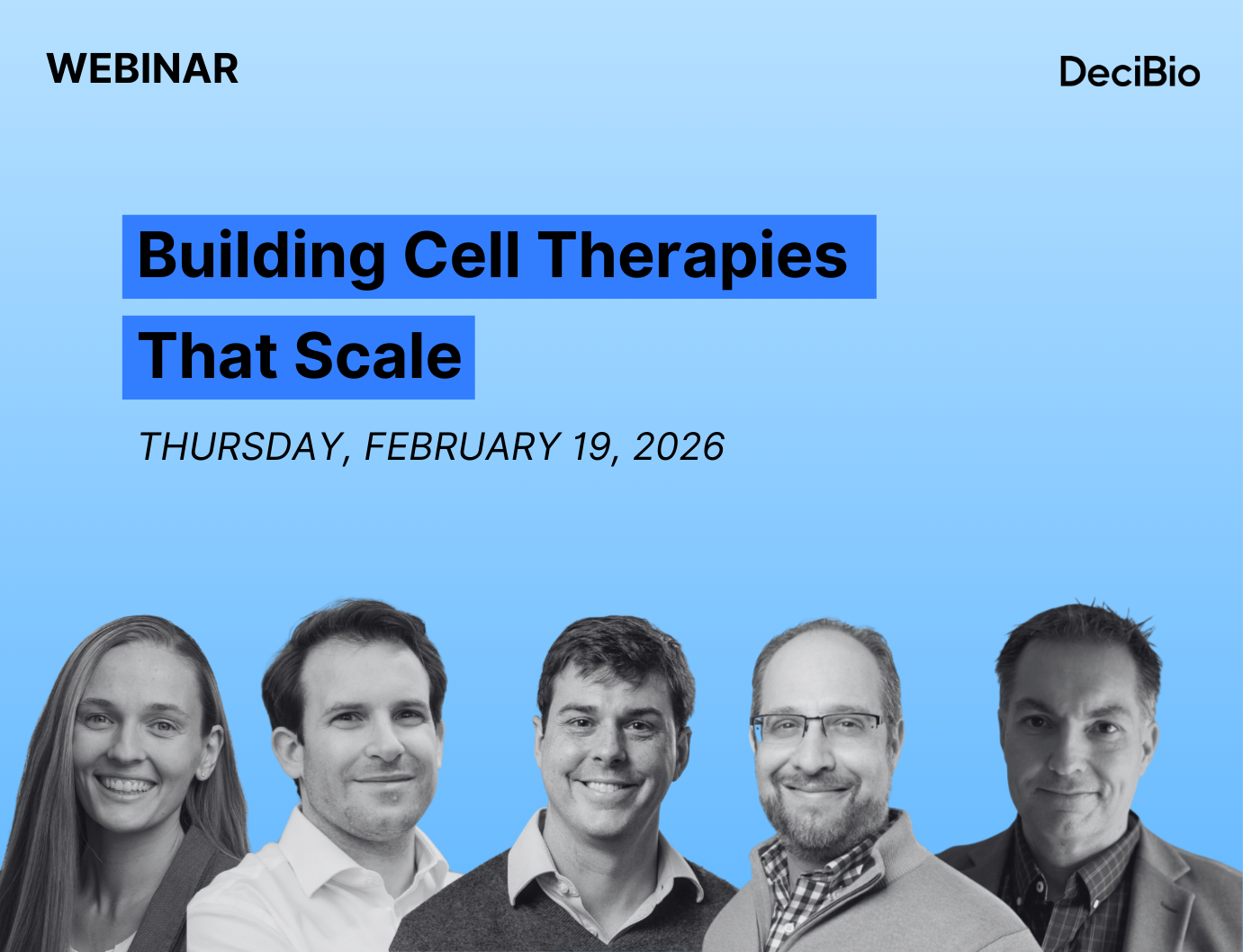This year’s Rock Health annual digital health summit showcased another impressive lineup, with speakers like Bernard Tyson (CEO of Kaiser Permanente), Toby Cosgrove (Executive Adviser for Google Cloud and former CEO of Cleveland Clinic), Anne Wojcicki (Founder/CEO of 23andMe) and Ali Diab (Co-founder/CEO of Collective Health) among many others. Below we highlight critical lessons for digital health entrepreneurs, and we chronicle takeaways from last year’s conference.
#1: SOLVE THE PROBLEMS THAT AFFECT MOST PEOPLE
In the U.S. today, ~60% of cancer patients rely on Medicare, while ~40% of pregnancies are financed by Medicaid.
To make an impact in healthcare, don’t build solutions for Google and Amazon employees. Design solutions that solve problems for those who need it most.
What does this mean for digital health entrepreneurs? Understand your intended audience and their unique challenges. Find out what language your patient population consumes content in (hint: maybe it’s not English). Identify where your patient population consumes content (hint: it may be Android over Apple). Recognize when your patient population consumes content (hint: it may be on a limited data plan). Leah Sparks, Founder and CEO of Wildflower Health, credits these unique insights for enabling and empowering Wildflower’s patient population (i.e., Medicaid mothers) to become “power users,” logging into Wildflower’s app more often than mothers covered by commercial payers.
#2: COMBAT FAUX SCIENCE LIKE YOU FIGHT FAKE NEWS
According to Rock Health data, digital health investments have grown at a healthy CAGR of 29% over the past 4 years. One downside to this growth is the explosion of new direct-to-consumer (DTC) companies making health claims yet to be evaluated (if ever) by our regulatory bodies, namely the FDA. Anne Wojcicki, who is no stranger to FDA regulations, warned against entrepreneurs trying to bypass and/or otherwise circumvent the federal agency. Wojcicki pointed to the rise of companies like Gwyneth Paltrow’s Goop Health (among many others -- who knew Lego Serious Play was a real thing?) that make unsubstantiated health claims. At best, these companies spread pseudoscience that murky the waters of science backed by peer-reviewed publications, clinical trials and/or regulatory approval. At worst, these companies could harm consumers.What does this mean for digital health entrepreneurs? Demonstrate analytical and clinical validity required to gain regulatory approval with the relevant body (e.g., FDA in the U.S., CNDA in China, NICE in the UK) and, better yet, show clinical utility in order to achieve widespread coverage for your product. Are you developing a health technology app or clinical algorithm? At least in the U.S., the FDA now has a Digital Health Software Precertification Program for regulating software as a medical device (SaMD).
#3: FOCUS ON THE TRIPLE THREAT TO GAIN TRACTION
One major theme at this year’s conference was the need for digital solutions to improve the “unsexy” operational aspects of care. From voice recognition software to “smart” fast-track ques to digital triage, health technology opportunities abound to decrease costs and increase efficiency while at the same time improving the quality of care. As Toby Cosgrove, executive adviser of Cleveland Clinic and Google Cloud noted, “20% of hospitals are running in the red and even the most profitable have only a 3% margin. There are screaming needs in the delivery of care.”What does this mean for digital health entrepreneurs? If you are focused on developing advanced AI or machine-learning algorithms, great. But focus your solution around the so-called triple threat: one that decreases cost, increases efficiency and improves outcomes. Our health technology consulting experts advise you to direct your solutions towards reducing some of that administrative burden that keeps healthcare providers squeezed. Win back some time, and you will be rewarded (with traction).
About the Author

Fanny Anderson is a senior analyst at DeciBio, with experience in competitive assessment and strategy development for disruptive players in oncology diagnostics and digital health. Connect with her on LinkedIn to learn more about her expertise in health technology consulting.

Mika Wang works on product growth at DeciBio with over 7 years of experience in life science business consulting, startups and public health research. Connect with her on LinkedIn.Disclaimer: Companies listed above may be DeciBio clients and/or customers

%20(1).png)





